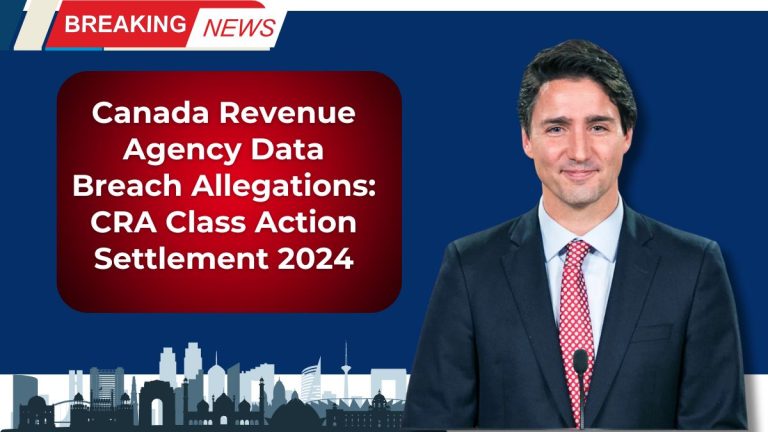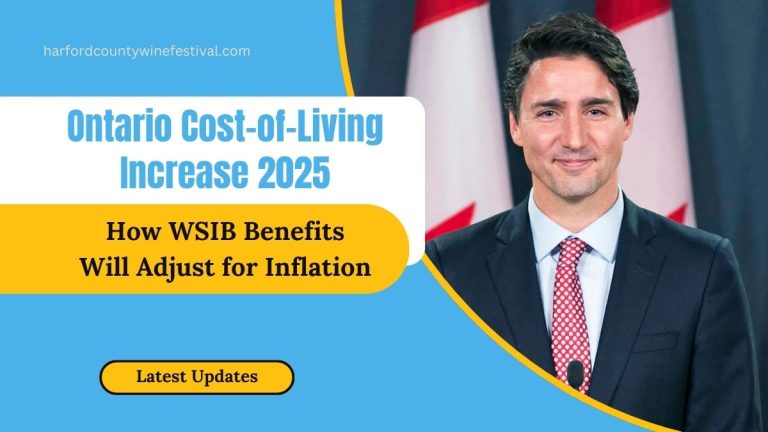A new initiative is gaining momentum in the United States—the possibility that by 2025, the Social Security Administration (SSA) might extend stimulus checks to include legal immigrants. This plan, if approved, could provide financial assistance of $500 per month, potentially supporting thousands of families across the nation. However, as with most government proposals, there are several complexities and unanswered questions.
Who Would Qualify for the $500 Stimulus Check?
This proposed financial aid would not be universally available. It is designed to support a specific group of individuals—migrants with legal status in the U.S. The eligibility requirements include the following:
- Legal Status: Applicants must be permanent residents or hold specific visas (not all visas will qualify).
- Social Security Number (SSN): Only those with a valid SSN would be eligible.
- Undocumented Immigrants: In most cases, undocumented immigrants would not qualify, except in rare circumstances. For instance, undocumented parents of U.S.-born children might be considered under evolving policies.
The current focus is on ensuring that individuals with resolved legal status can benefit from this aid, leaving some ambiguity about future inclusivity for other groups.
The Potential Impact of This Financial Aid
For many families, an additional $500 per month would not represent luxury but rather a crucial lifeline. These funds could help cover essential expenses such as:
- Rent payments
- Utility bills
- Grocery costs
This financial boost could alleviate monthly stress for thousands of households. Beyond individual relief, stimulus checks can ripple through the economy by encouraging spending on local businesses, contributing to community growth and stability.
Timeline: When Might This Become a Reality?
The proposed rollout for this initiative is expected in 2025, but several factors could affect its implementation, including:
- Changes in legislation
- Budgetary constraints
- Political debates and adjustments
While the measure is promising, its future remains uncertain, and maintaining realistic expectations is essential.
A Step Toward Economic Inclusion
This initiative underscores the importance of creating a more inclusive economic system. Legal immigrants play a pivotal role in the U.S. economy, contributing through taxes, labor, and the sustenance of local communities. Recognizing their efforts and extending financial support is not just an act of generosity—it is a matter of justice.
However, such proposals often face opposition and controversy. Public awareness and constructive dialogue will be crucial to navigating the challenges and turning this plan into reality.
Preparation Tips for Potential Beneficiaries
If you or someone you know might qualify for this aid, preparation is key. Here are steps to take now:
- Verify Legal Status: Ensure that immigration documents are valid and up-to-date.
- Gather Necessary Documentation: A valid Social Security Number and other required paperwork will be essential.
- Stay Informed: Keep track of updates on the proposal to avoid missing out on opportunities.
Taking proactive steps now could make a significant difference if and when the program is approved.
Eligibility Requirements for the Proposed $500 Stimulus Check
| Criteria | Details |
|---|---|
| Legal Status | Must be a permanent resident or hold specific qualifying visas |
| Social Security Number (SSN) | A valid SSN is mandatory |
| Undocumented Immigrants | Generally not eligible, except parents of U.S.-born children under certain evolving policies |
FAQs
1. Who would be eligible for this financial aid?
This aid would target legal immigrants with valid status in the U.S., a Social Security Number, and potentially undocumented parents of U.S.-born children.
2. Can undocumented immigrants apply for the $500 stimulus check?
In most cases, undocumented immigrants will not qualify, but parents of U.S.-born children might be considered under specific conditions.
3. How could this aid benefit families?
The funds could help families manage essential costs such as rent, utilities, and groceries, offering financial relief and stability.
4. When could this program launch?
The measure is anticipated for 2025, but it depends on legislative changes, budget approval, and political debates.
5. What should potential beneficiaries do now?
Prepare by ensuring all legal documents are up-to-date, including a valid Social Security Number, and monitor updates on the proposal.







